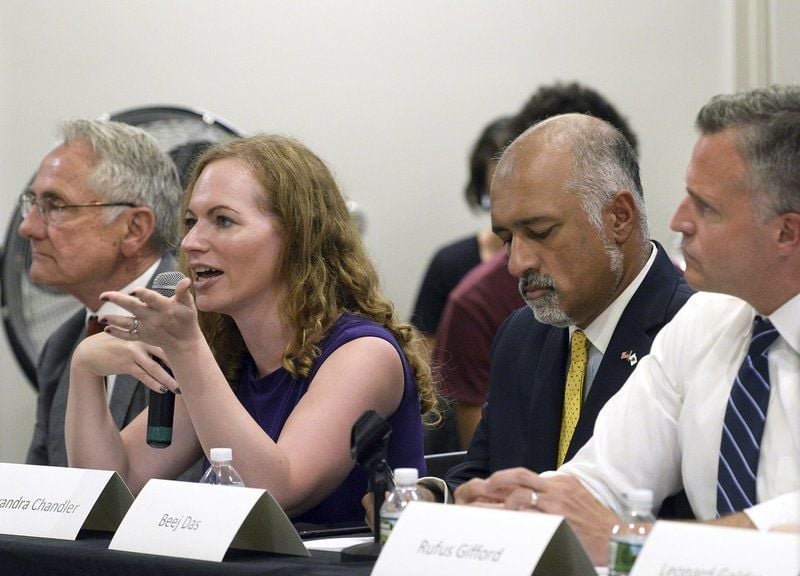While I am happy to see this explosion of trans candidates running for office, and the TransGriot 2018 endorsement post is coming soon, bear in mind that just because you're trans doesn't mean I'm automatically going to endorse you.
I not only look at your platform, I'm also looking at the viability of your campaign. What's your fundraising look like? Have you been doing the nuts and bolts stuff like talking to the various constituency group in your area? Have you been participating in the local debates? Who is (or isn't) endorsing you? Will you be able to translate the platform you campaigned on into concrete policy if you are elected?
Deciding on whether to run for office is a challenging proposition that requires hard solid thinking before you enter the race and an ironclad commitment to doing the hard work necessary to run a credible campaign. There's also the possibility that no matter how hard you work on a high quality campaign, the voters may choose someone else on Election Day.
And as trans people who are stepping up to run for office, we need to take those decisions seriously. It's an undeniable fact we need trans folks sitting at the governing tables at every level of government.
We're in a time period in which being trans is considered a positive in the political world, and there are so few trans folks in office on a national level that when a trans person runs, it's not only newsworthy, there is a potential if they are elected of making history and becoming a possibility model for our trans kids watching their race.
Make no mistake about it, running for office means that you are applying for a job in which your bosses are your constituents. But running for office means that we have some things we have to do on our end.
We have to raise funds to pay for the campaign. We have to seek out endorsements and interview with multiple screening committees for them. We have to interview with newspaper editorial boards. We have to talk to our potential constituents to find out what their issues are in order to serve them better if elected.
And like it or not, because we have more scrutiny on us as trans candidates, we must run our campaigns foe whatever office we run for with the utmost integrity and once we're elected, serve in a way which will make our community and our supporters proud of us
Before the passage of the Voting Rights Act of 1965, the number of Black elected officials nationwide at all levels of government was miniscule. By 1970, the first year those numbers began to get tracked, there were 1,463 of them up to the congressional level. That had ballooned by 2011 to 10,763 Black elected officials that included President Barack Obama (D) and Massachusetts Gov Deval Patrick (D)
Rep. Shirley Chisholm ran for the Democratic nomination for president in 1972, and was fought by the political boys club at the time every step of the way. Nothing was handed to her on a silver platter
Just because we're trans and have a demonstrated need for representation at all levels of government as an oppressed class of people, and we have a leg up on the trust issue because of the unapologetic way we live our lives, doesn't mean that people should just hand us an endorsement when we show up. We have to earn it.
We also have to earn people's votes, Bur in order to be sworn in to serve in whatever office we run for in January, we gotta put in the work from February to November to get elected.


/cdn.vox-cdn.com/uploads/chorus_image/image/57692725/danica.0.jpg)


:focal(561x214:562x215)/https://public-media.smithsonianmag.com/filer/ad/b8/adb84081-427e-43e5-a955-74a55341edaa/20141673001web.jpg)
No comments:
Post a Comment